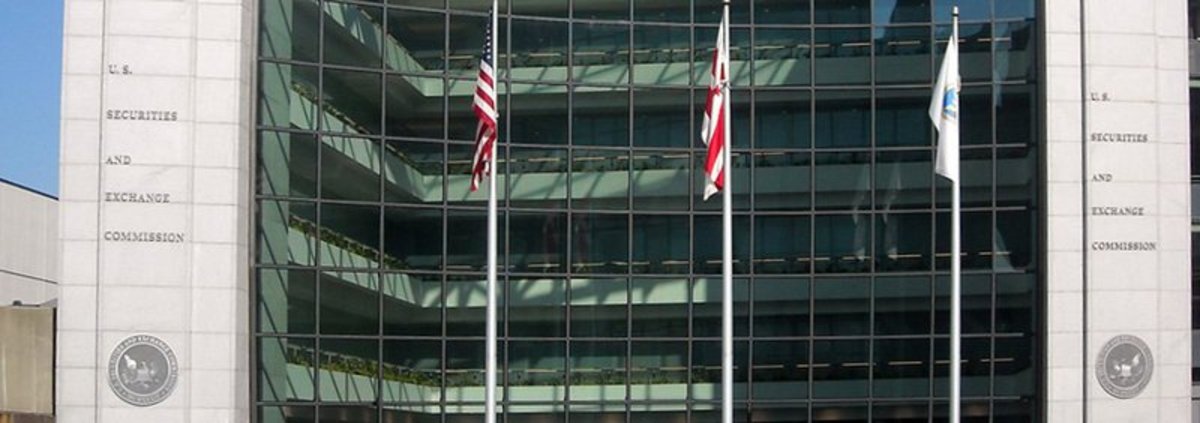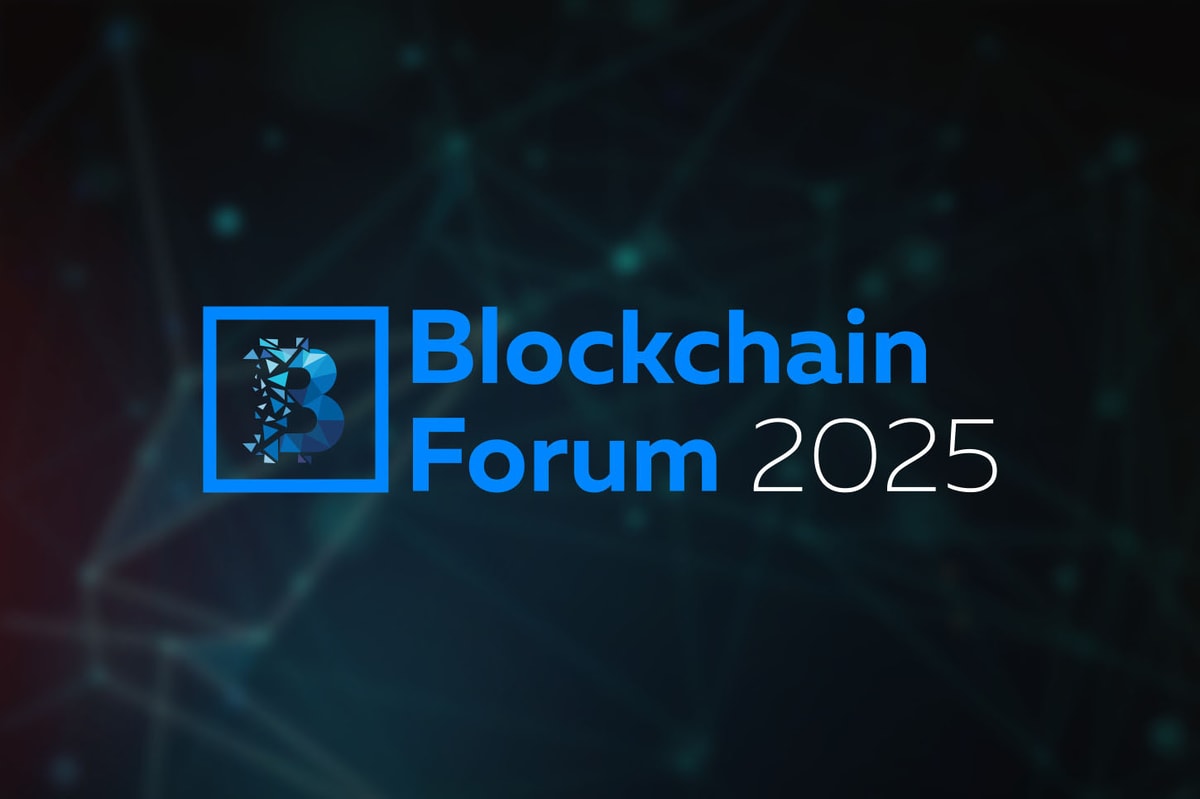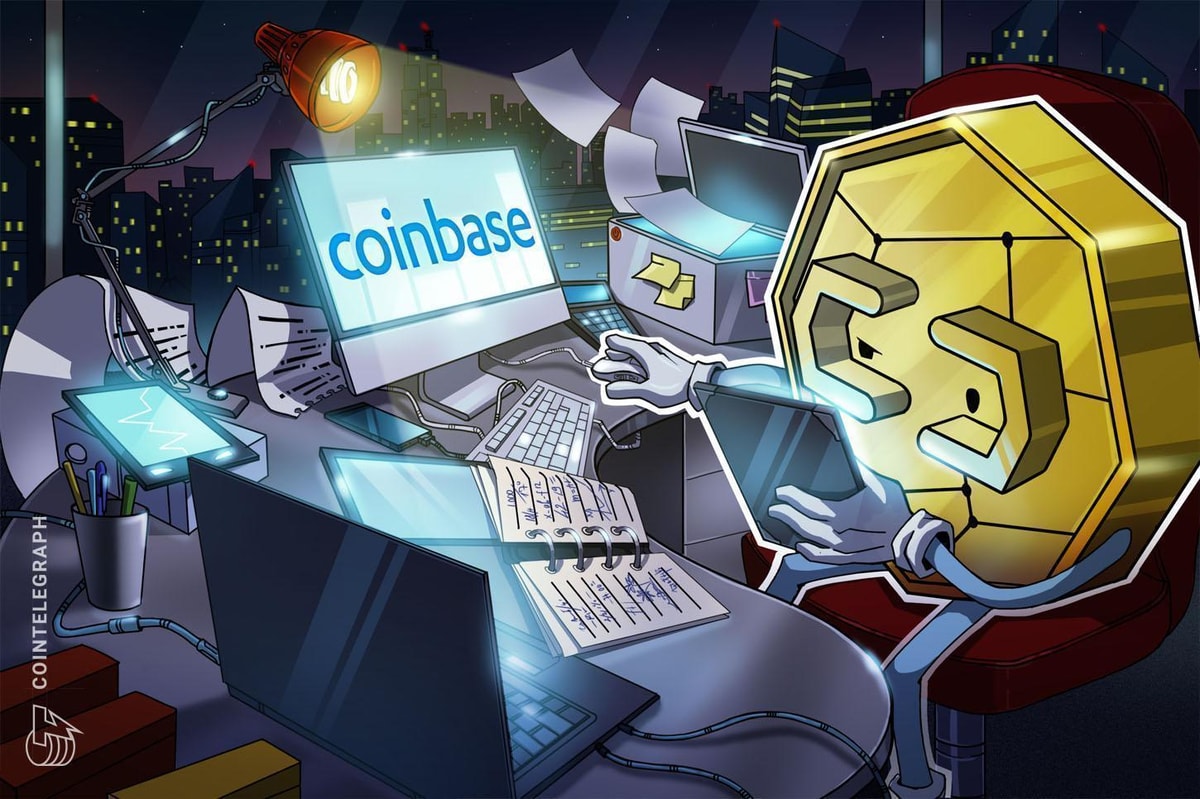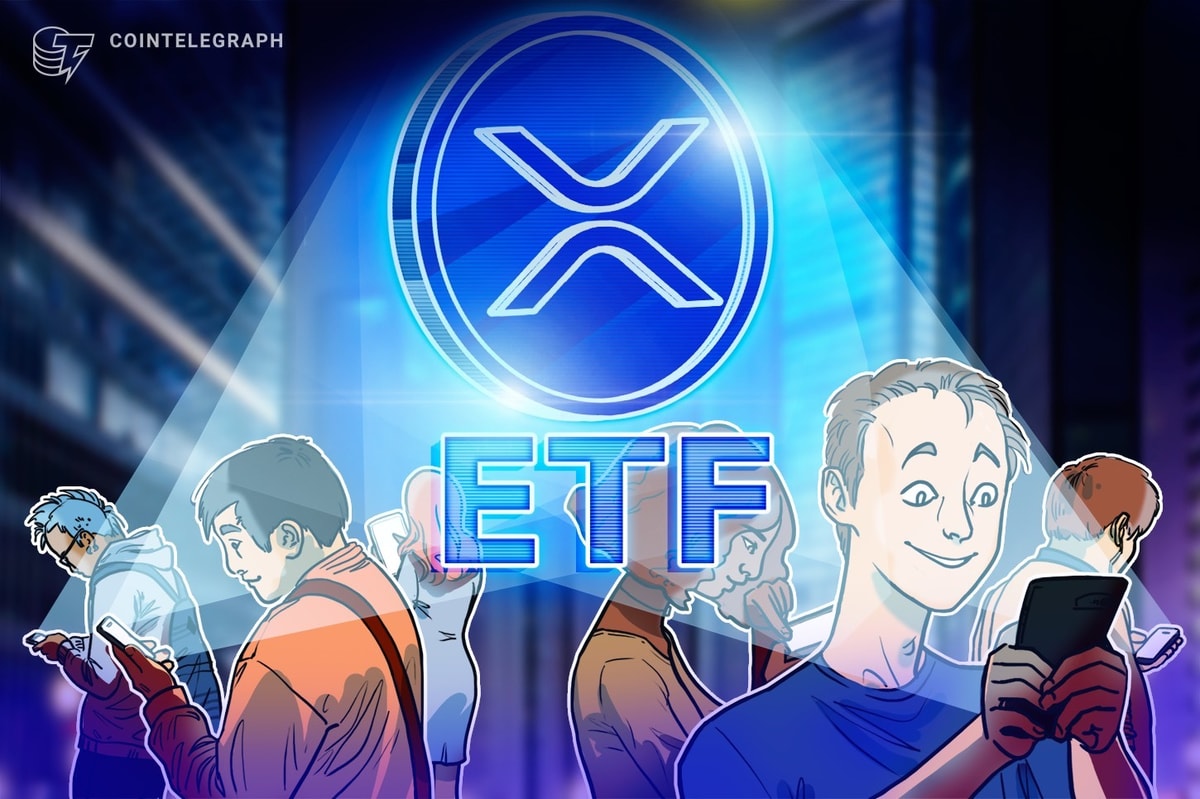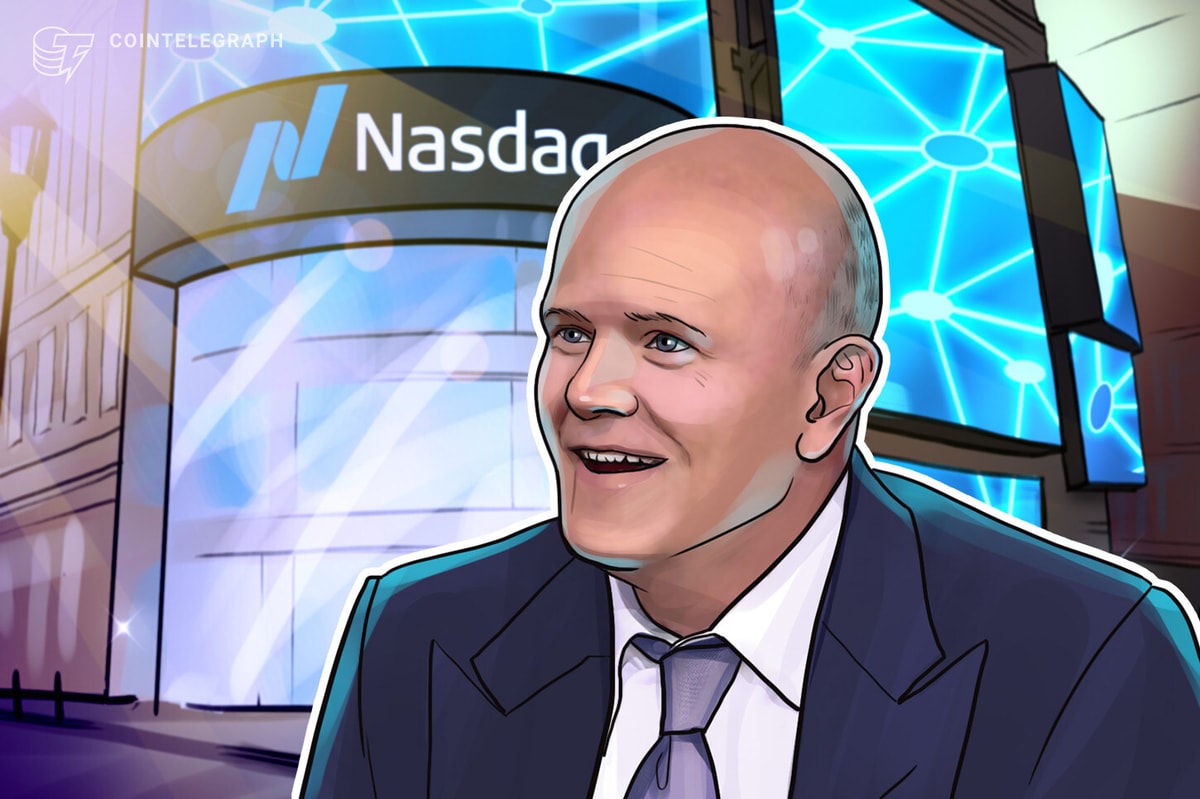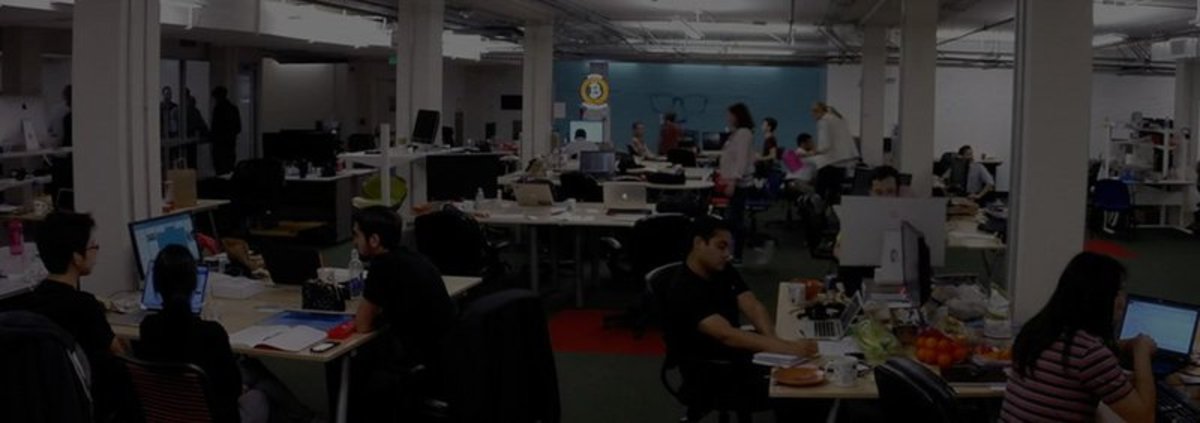
After raising a $6.6 million fund from premier investors, including Marc Andreessen, Ben Davenport and others last November, Boost.VC announced its next batch of startups would all be bitcoin-related. But recently, the accelerator announced its next batch, “Tribe 6,” will be split equally between bitcoin, virtual and augmented reality startups.
Boost.VC founder and CEO Adam Draper told TechCrunch why they made the shift: “We’re good at building communities around early tech sectors. We bring together investors, entrepreneurs and builders, and by focusing investments on a category over time, we ourselves become experts in the subject, and thus more valuable to startups that might want to join.”
Boost.VC has always been bitcoin-friendly, funding some of the first Bitcoin exchanges in the United States, BitBox and Coinbase, in 2013. But in early 2014, Draper shocked many when he said he was going to accelerate 100 Bitcoin startups by 2017. So far, Boost is making good on that promise with nearly 50 digital currency startups already in its portfolio.
Many of the Bitcoin startups it has accelerated have gone to raise large rounds. Most recently, Mirror, formerly a Bitcoin exchange but now a marketplace for smart contracts, announced a $8.8 million funding round raised from Route 66 Ventures, Battery Ventures, Crosslink Capital, RRE Ventures and Tim Draper. Many other Boost startups have gone on to raise rounds in the hundreds of thousands or millions.
To early stage entrepreneurs Boost.VC offers mentorship, free living and office space in their Silicon Valley headquarters, access to their network of advisers and experts and $15,000-$25,000 in funding for 6 percent of a startup.
Draper’s interest in VR and AR comes from wanting to build out chasm industries (ones that will eventually turn into billion-dollar businesses but aren’t there yet) and thinks VR is next, specifically consumer apps. Boost.VC will not be accepting any VR companies building hardware, noting that Sumsung, Google and others already have that covered. Instead, his company will focus on trying to build killer software apps for those devices.
He told TechCrunch that he specifically is excited about the potential for educational uses of VR. Google’s Expeditions, which allows users to go on “virtual field trips,” is an app that highlights the technology’s potential in education, Draper said.
Image via Boost.vc.


